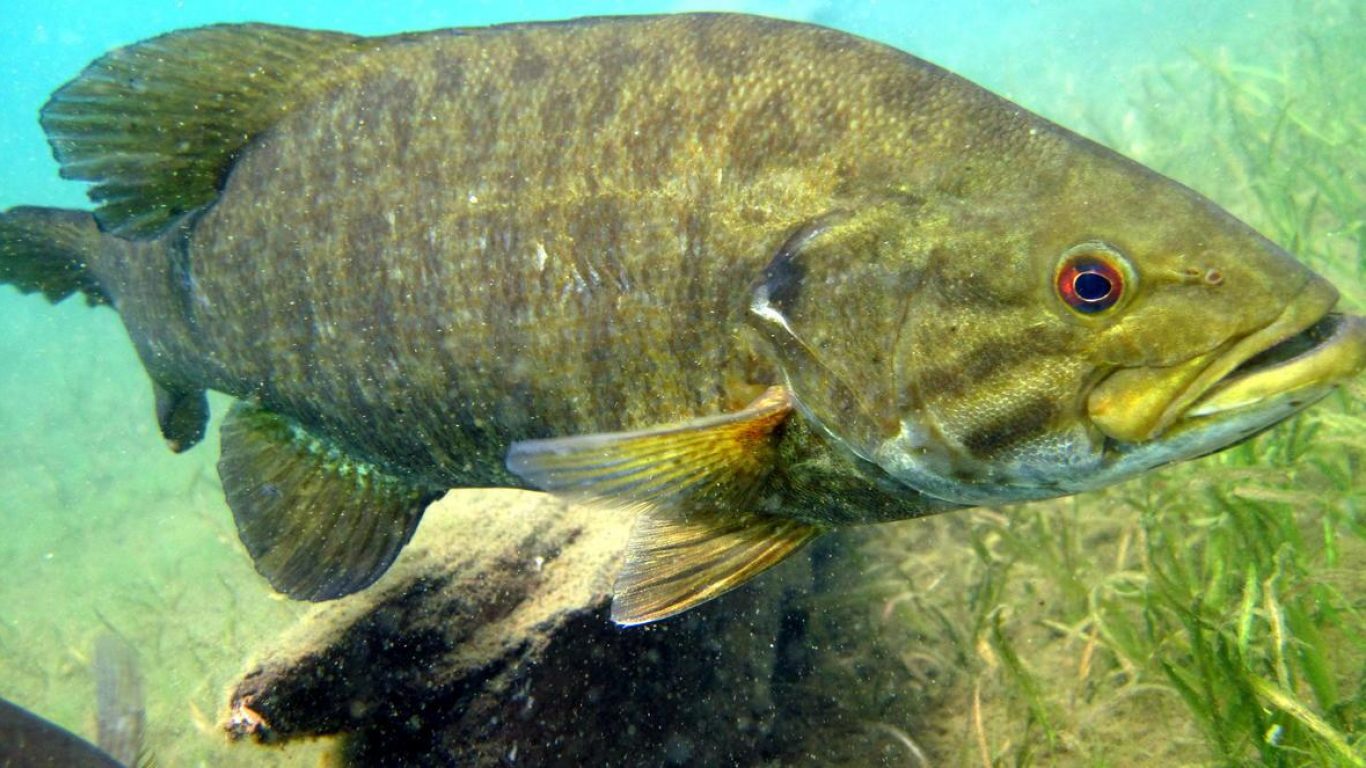News

Heart Rate Appears to be Unrelated to Nesting Behaviour in Male Smallmouth Bass
Cardiac function has been found to be a limiting factor when it comes to animals’ ability to cope with physiological challenges. Parental care is one such challenge which has not been widely assessed in wild animals.
In a study published in Comparative Biochemestry and Physiology, Part A earlier this year, researchers at Carleton University and University of California Santa Barbara studied the relationship between heart rate and parental care behaviour in male nesting small mouth bass (Micropterus dolomieu).
Heart rate and behavioural footage collected
22 nesting smallmouth bass were implanted with Star-Oddi’s DST milli-HRT, heart rate and temperature loggers. The loggers measured heart rate at 100 Hz as well as temperature every two minutes.
Behavioural footage was collected using a GoPro camera placed 1 m from the nest. In addition, the presence of a predator was simulated on day three to evaluate aggression levels. This was done by placing a pumpkinseed (Lepomis gibbosus) in a glass jar close to the nest for 10 minutes.
Changes in heart rates only related to individual aggression levels
Heart rates were not found to be related to any of the parental care behaviours measured during the study, with the exception of individual aggression level. The researchers corrected for the effect of water temperature on heart rate in their analysis and found that individual fish heart rate differed both between days and nights. The fish also showed evidence of diel variation with higher heart rates during daytime than nighttime.
Further studies in this field are needed to better understand the complicated relationship that exists between physiology, fitness and behaviour in wild animals.